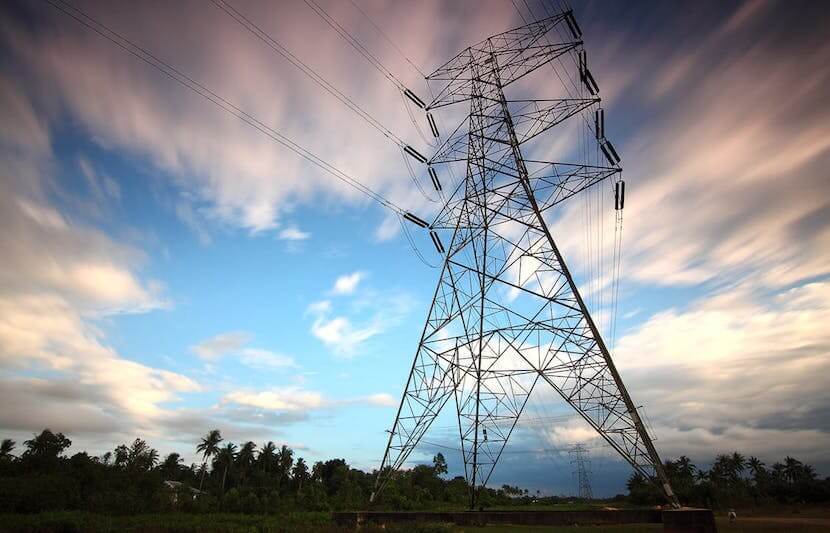Inspired by power outages that left millions without power in the aftermath of Hurricane Sandy, a team of engineers from The University of California San Diego (UC San Diego) has been seeking a solution that would allow neighbors to share the power drawn from their renewable energy sources during power outages. They have now developed algorithms that will allow neighbors to do just that.
Ordinarily, a homeowner cannot draw on power generated by solar panels during power outages. This seems counterintuitive as solar power is a renewable energy source, but the limitation stems from safety reasons. Homes are connected to power grids even during power outages, which means that devices that control the solar panels, called solar inverters, are powered down as well during outages. So, as long as the home is connected to the grid, a homeowner cannot draw on the power generated by solar panels.
The UC San Diego researchers, however, have found a way around the problem. They have developed algorithms that would disconnect solar inverters from the grid during power outages, using circuit breakers that can be controlled remotely, and allow homeowners to draw power from solar panels to use or share with others on the same microgrid. The algorithms track weather forecasts, how much energy storage is available, and how much energy homes are projected to use.
The algorithms work with existing technology, and could be programmed to accommodate specific priorities, including giving priority to customers on life support equipment, customers who generate more energy than they use, and customers willing to pay more for service.
The researchers believe that their algorithms would increase the reliability of home energy storage systems by 25 to 35 percent.
Outages exact a heavy cost on the economy. As an example, economic losses from the Northeast 2003 blackout are estimated at $6 billion, according to figures released by the U.S Department of Energy.
Outages are caused by many factors, but up to 70 percent of outages in the U.S. is attributed to severe weather and natural disasters.
“It is the perfect timing to look into this problem with all the natural disasters happening around us from hurricanes, wildfires and earthquakes,” said Abdulelah H. Habib, a doctoral student in the Solar Resource Assessment & Forecasting Laboratory at UC San Diego and the paper’s first author.
This idea is cheap and easy to implement to improve our power grid system reliability.
During their research, the researchers discovered that the use of individual energy storage systems was best in terms of performance, but that most customers would prefer a community-scale storage system that’s more cost-efficient.
“Houses connected together are much more resilient during outages,” Raymond de Callafon, a professor of mechanical engineering at UC San Diego and one of the senior authors of the paper, said in a statement. “They’re also more resilient to price fluctuations. They can do a much better job at sharing resources and it benefits every house.”
To make their technology work, participating homes must have circuit breakers that can be controlled remotely and solar inverters that can connect to others within a designated cluster. Utility companies would also have to install a system that allows homes within a cluster to communicate with each other.
Implementation of the technology would also require a change in regulations across the country. Currently, in most states, existing regulations prohibit homeowners from selling power to other homeowners.
“By publishing our results and presenting our work into conference and national labs, we hope that will raise the awareness of this problem and our solution,” said Habib.
The researchers are currently “looking for utilities and national labs to verify the code and do the required testing to proof the concept and validate the product,” according to Habib.



